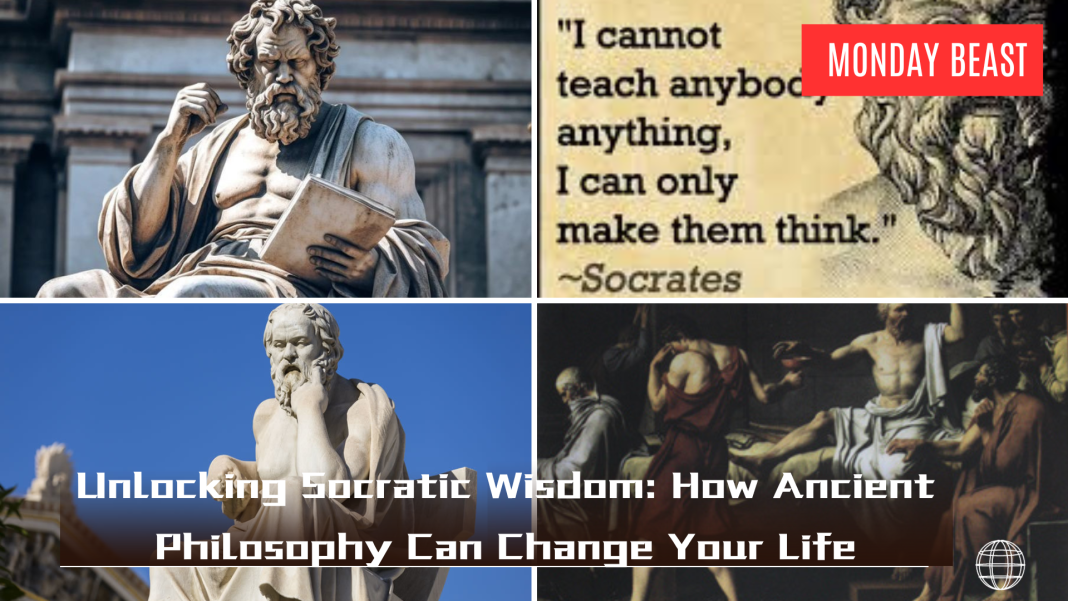Introductory Thoughts on Socrates
Socrates, who lived between 469 and 399 BC, remains a towering figure in Western philosophy. His influence can often be found in many discussions about ethics, morality, and the essence of human existence. While he wrote no texts himself, Socrates’ ideas thrived, thanks in large part to his students, particularly Plato. So, how did this ancient philosopher manage to stand the test of time?
The Method of Questioning
One of Socrates’ most powerful tools was his unique method of dialogue, known as the Socratic method. He engaged others in conversations, asking probing questions designed to challenge their views. Picture a lively discussion with a friend, where you dig deep into each other’s thoughts. That’s Socratic questioning. It’s not just about seeking the truth; it’s about understanding the reasoning behind beliefs. For many, this approach can feel uncomfortable. It forces you to confront assumptions. But that discomfort can lead to profound insights.
The Value of Self-Examination

When Socrates declared, “The unexamined life is not worth living,” he was challenging us all. Think for a moment: Are you truly aware of your choices, your values? Self-reflection isn’t just beneficial; it’s essential. A day spent reflecting on what truly matters can change everything. Many of us drift through life on autopilot. Yet, through examination, we can align our actions with our deeper selves.
Embracing Intellectual Humility
Another key aspect of Socratic philosophy is the acceptance of ignorance. “I know that I know nothing,” is not a defeatist remark. Rather, it illustrates a crucial insight: understanding our limitations can be liberating. Acknowledging our gaps in knowledge opens the door to learning. In a world where certainty is often overstated, embracing uncertainty can be a source of strength.
Independence in Thinking
To Socrates, thinking for oneself was paramount. His advice, “To find yourself, think for yourself,” resonates now more than ever. In an age of information overload, how do we discern truth? Personal insight can forge our identities. Analyzing what we believe, rather than following trends, can bring a sense of fulfillment that feels scarce in our fast-paced lives.
The Pursuit of True Wisdom

Lastly, Socrates emphasized that true wisdom arises from recognizing our limited understanding. His view that “true wisdom comes to each of us when we realize how little we understand” is a humbling thought. We live in a complex, often chaotic world. This acknowledgment can lead to a lifelong desire to learn. Imagine the perspective shift that accompanies this mindset—a vast ocean of curiosity opens up.
Bringing Socratic Insights to Modern Life
Incorporating Socratic thoughts into our lives may feel daunting at first. But what if we allowed ourselves the space to question and reflect? Think of the friction in a hearty discussion with loved ones or friends. Could you harness that energy to cultivate understanding in your life? As we explore these ancient insights, let’s remember the relevance of these timeless lessons. Socrates’ legacy continues to urge us to not simply exist, but to live meaningfully.




